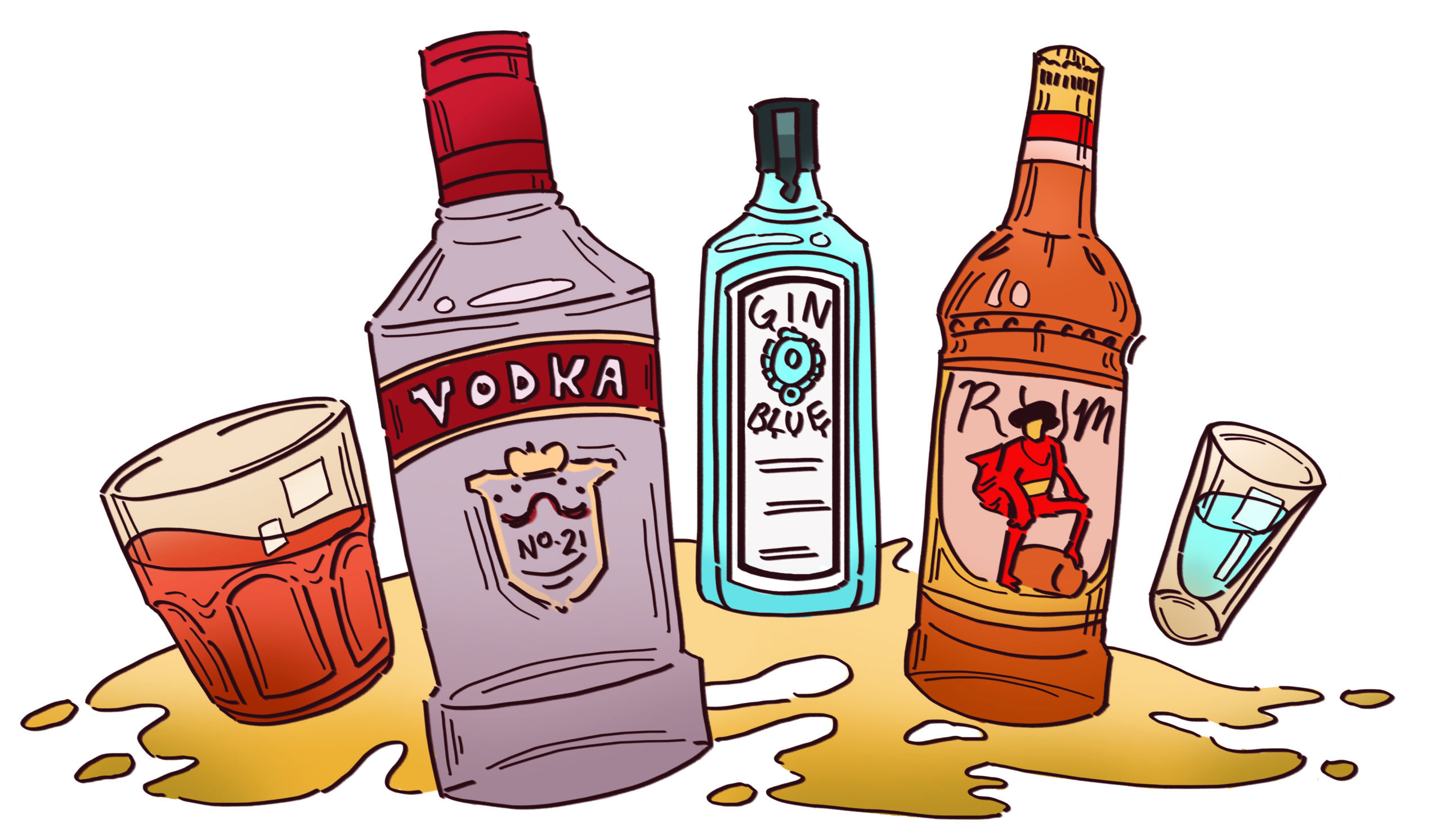New research will analyze the drinking culture among young adults
Drinking in college has become part of the university experience. Many students view alcohol consumption at parties as a rite of passage.
“Drinking culture around the University is crazy. Students often go drinking, I think most of them do it to forget about the stressors coming from the University,” said Mirella Corso, a first-year finance student at JMSB.
“I think people use this as a coping mechanism which obviously is not ideal but understandable considering how stressful it is to be a student in this generation,” Corso added.
Social Norms and Undergraduate Drinking is a study conducted by Dr. Roisin M. O’Connor and the Young Adult and Alcohol Research Laboratory at Concordia that will examine the link between injunctive norms and alcohol consumption among university students.
Injunctive social norms are behaviours that one is expected to follow and expects others to follow in a given social situation. The goal of Dr. O’Connor’s study is to analyze how people perceive drinking.
Dr. O’Connor’s goal in conducting the study is to better understand and answer the following question: “Why do so many students misuse alcohol?”
“I am interested in predictors of alcohol use problems, and alcohol use disorder and I’m very interested in kind of transitional periods throughout late adolescence into and through emerging adulthood,” said Dr. O’Connor.
According to data collected from the 2017 Canadian Tobacco, Alcohol and Drugs Survey (CTADS), 78.2 per cent of Canadians aged 15 and over reported drinking alcohol at least once in the last year. The CTADS also reports the prevalence of past-year drinking in 2017 among young adults of legal drinking age (18-24 years) was 82.3 per cent, and 79.4 per cent for adults age 25 or older.
The Social Norms and Undergraduate Drinking study is a longitudinal study, meaning it will involve repeated observations over a given period of time. Involving repeated observations over a given period of time, the first phase will gather data from eight to ten online surveys from first-year students and will investigate drinking perception and behaviours.
The study will follow students throughout their undergraduate degree and track their drinking patterns, their norms, their injunctive norms, their perceptions and how these factors will change throughout their time at university.
“How do these perceptions align with changes in our drinking behaviour? And who are the people that know when they shift out of university, also are shifting out, maturing out of potential heavy drinking,” said Dr. O’Connor.
The second phase is the longitudinal study, where Dr. O’Connor and the team will evaluate how students’ perceptions and social norms will predict alcohol use.
“We’re always looking to how our research can inform interventions or prevention programs. So when we learn about what puts people at risk, then it helps us better target our interventions and our prevention programs,” said Dr. O’Connor.
Among the graduate students working with Dr. O’Connor is Charlotte Corran, a PhD student in the clinical psychology program.
Corran’s dissertation focuses on the relationship between anxiety and alcohol consumption. Her research will study anxiety sensitivity in drinking, the fear of experiencing anxious symptoms, and the fear that it will lead to negative consequences.
Corran will analyze how young adults experiencing anxiety sensitivity are prone to lean towards risky drinking due to peer pressure.
“I was particularly interested in this study, kind of for that social aspect and we know that young adults are [in] a period in development where we care a lot about what our friends and peers think. So I figured it was probably having an impact on drinking,” said Corran.
